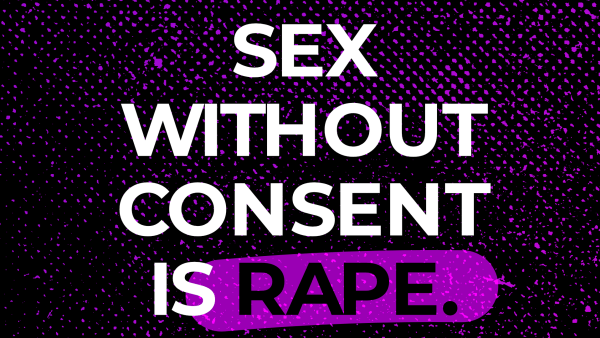Member states will soon be able to ban unwanted genetically modified (GM) crops in their territory, following today's vote on a more restrictive European Union directive.
The Socialists and Democrats support this improvement, even though they regret that the revised piece of legislation is based on the internal market rather than on the Lisbon Treaty article dealing with the environment. They would also have liked to see financial liability included for those who contaminate traditional crops with GM crops across national borders.
Matthias Groote, S&D spokesperson on the environment, food safety and public health, stated:
"According to a Eurobarometer survey on food technology, 58% of Europeans think that genetically modified organisms (GMOs) are not safe for future generations. Even though there are business interests at stake, our main priorities are the health and safety of European citizens and the transparency of rules. This is why the precautionary principle has to be applied.
"Member states and consumers can now feel safer about GMOs, as the agreement will give member states the possibility to restrict or prohibit the cultivation of GMOs on their territory.
"However, we regret that there will be no fund to compensate farmers whose crops have been contaminated.
"In the coming months, the Commission will review the authorisation process of GMOs. This should include both rules for import into the European Union as well as for cultivation on European territory."
Gilles Pargneaux, S&D MEP in charge of the dossier, added:
"It was a very tough negotiation, but we managed to guarantee consumer protection and safety for farmers. Member states have to implement measures to avoid the contamination of traditional crops by GMOs from neighbouring member states. The Commission committed itself to evaluate national measures regarding financial compensation for farmers in case of accidental contamination.
"The Commission will review and reinforce the rules on the risk assessment undertaken by the European Food Safety Agency (EFSA) within two years. The GMO authorisations will be granted on the basis of independent and sound scientific evaluations.
"Member states will also be able to limit or ban GMO cultivation on their territory on environmental, agricultural or socio-economic grounds. Moreover, they will have the right to cancel a previously granted authorisation on the same grounds."








